On January 16, South Korean Defense Minister Shin Won-sik assessed that North Korea has clearly made “some progress” in pursuing the goal of developing hypersonic missiles.
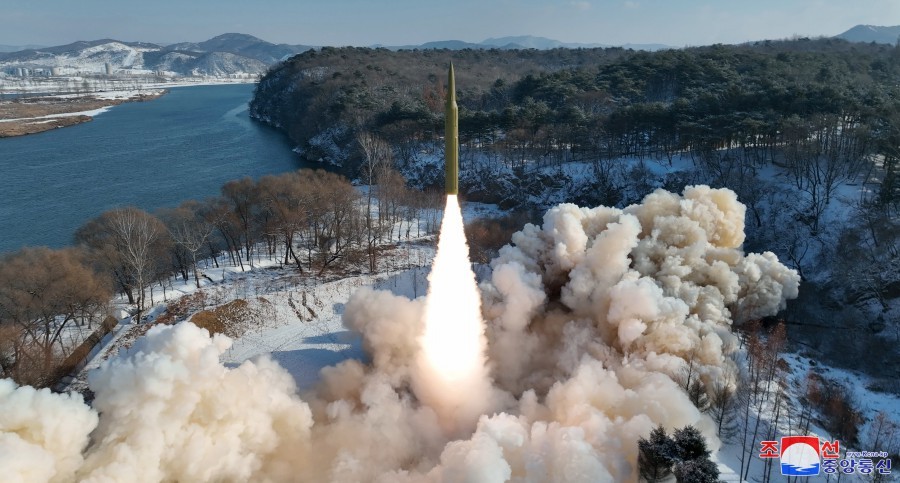 |
| Photo of North Korea's test launch of a solid-fuel medium-range ballistic missile with a hypersonic warhead on January 14. (Source: KCNA) |
Yonhap said Minister Shin Won-sik made the comment in an interview with KBS after North Korea launched a mid-range missile into the East Sea on January 14.
Mr. Shin Won-sik said the latest launch involved a conical warhead similar to the hypersonic missile that North Korea tested in January 2022.
“The difference from the 2022 launch is that it was a liquid-fueled missile, while this time it was a newly developed solid-fueled missile. We assess that there has been some progress,” the head of the South Korean defense force analyzed.
Solid-fuel missiles are said to be harder to detect before launch than liquid-fuel missiles, which require more careful preparation before launch, such as fueling.
Hypersonic weapons are on the list of high-tech weapons that North Korean leader Kim Jong-un announced he would develop at the 2021 Workers' Party Congress.
Regarding North Korea's missile launch, the European External Action Service (EEAS) recently issued a statement calling on Pyongyang to end all actions that affect peace and security in the region.
According to the EEAS, the only path to lasting peace and security on the Korean Peninsula lies in Pyongyang's commitment to engage in dialogue with relevant parties and uphold its obligations under UN Security Council resolutions to abandon nuclear weapons and ballistic missiles.
In addition, the EEAS stressed that the European Union (EU) is ready to cooperate with all partners to promote a meaningful diplomatic process towards complete, verifiable and irreversible denuclearization on the Korean Peninsula.
On January 15, the North Korean Central News Agency ( KCNA ) announced that the day before, the country had successfully test-fired a solid-fuel intermediate-range ballistic missile (IRBM) carrying a hypersonic warhead to test the warhead's flight control and stability as well as the reliability of the rocket engine.
“The test did not pose any impact on the safety of our neighboring countries and has no bearing on the regional security situation,” KCNA said in a statement.
Source


![[Photo] Keep your warehouse safe in all situations](https://vphoto.vietnam.vn/thumb/1200x675/vietnam/resource/IMAGE/2025/10/1/3eb4eceafe68497989865e7faa4e4d0e)



























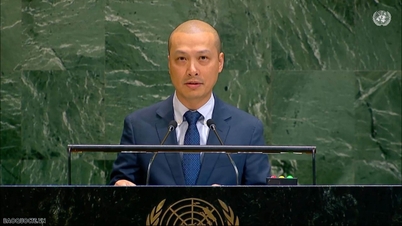
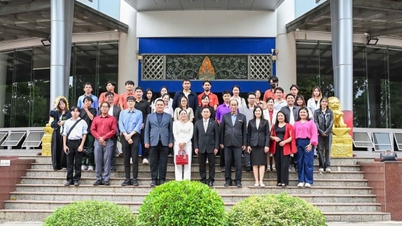




![[Photo] President of the Cuban National Assembly visits President Ho Chi Minh's Mausoleum](https://vphoto.vietnam.vn/thumb/1200x675/vietnam/resource/IMAGE/2025/10/1/39f1142310fc4dae9e3de4fcc9ac2ed0)

























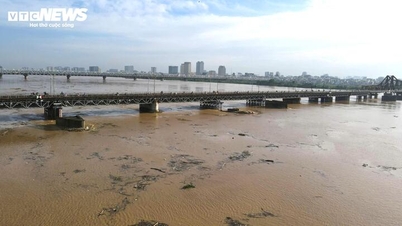




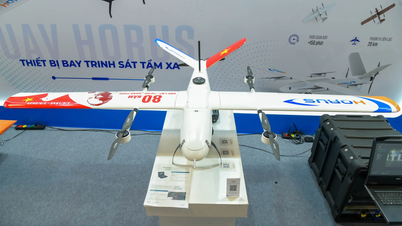









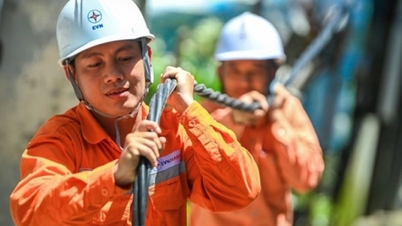



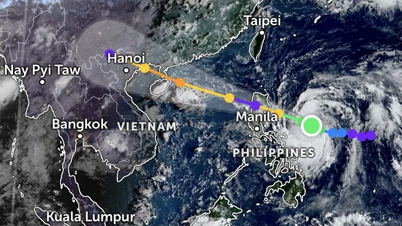

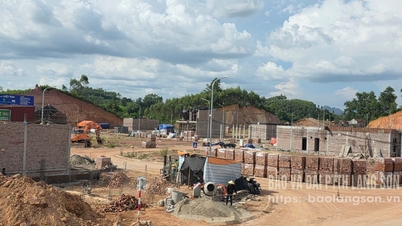
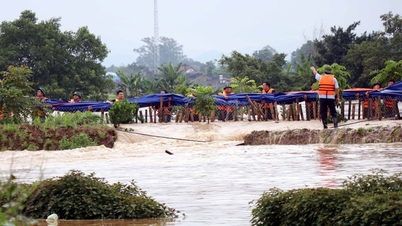
















Comment (0)